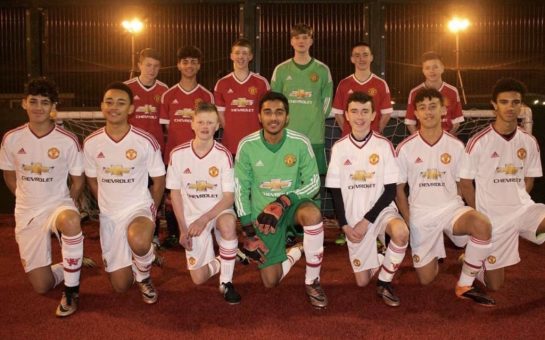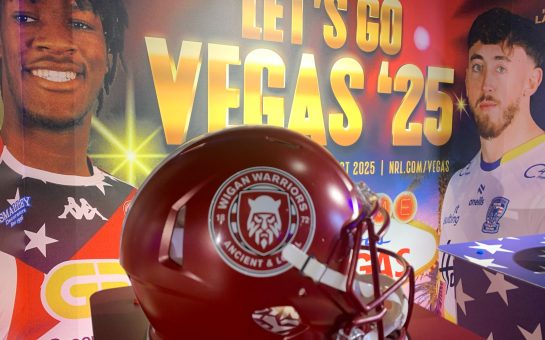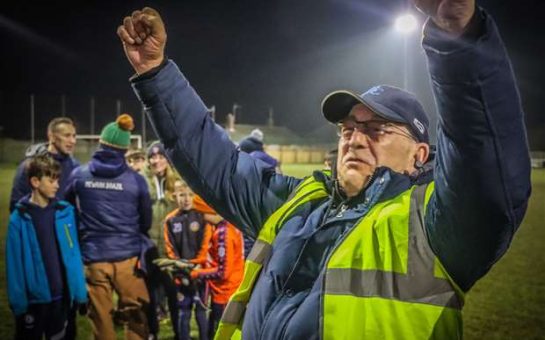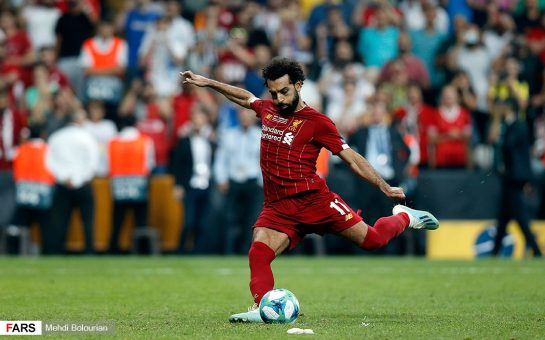There have been attempts in the past to document a year in a football club, with Brendan Rodgers’ David Brent-esque portrayal in Channel 5’s Being Liverpool standing out as the best argument against a club sanctioning behind-the-scenes access.
In recent years however, streaming services have started a new trend of footballing documentaries with both Amazon and Netflix commissioning ‘year in a club’ series, most notably with the former’s All or Nothing: Manchester City and the latter’s Sunderland ‘Til I Die.
Netflix’s latest instalment differs from the rest because its focus, at first, is centered on the manager and not the club.
Maradona in Mexico follows Diego Maradona’s year fighting for promotion, managing Mexican Ascenso MX team, Dorados de Sinaloa.
Maradona is widely considered to be one of, if not the best player to ever play the game, but his personal problems, most notably heavy drug use, cloud the perception of a mercurial figure on and off the pitch.
The early focus of the seven-part series is on the parallels between Maradona’s problems and the city of Culiacán.
The city itself is marred with drug problems and associated with the infamous drug lord, El Chapo.
With news of his arrival, the local media opened discussed whether Maradona was coming to the city to get high or to manage the football club.
The fortunes of both Maradona and the city are both at a low and as the series progresses it’s clear that it’s a year of rehabilitation for all involved.
Throughout the documentary focus shifts and becomes just as much about Culiacán as it is about Maradona, the players and the president of the club, Antonio Nunez.
Nunez is the man guiding both and cuts a very determined and deeply passionate figure trying not only to improve the team, but Maradona and Culiacán as well.
Nunez’s screen time flits between him smoking and brooding and talking passionately about what Dorados means to him and why he is single-handedly trying to improve the reputation of a city he calls home.
He treats the club like a family, often getting involved with team-talks and is a perfect match for Maradona, whose hugs and kisses the players admit they miss when the Argentine is hospitalised.
Just like in Sunderland ‘Til I Die, the fans are an important part of the show and Maradona’s inspirational nature shows the importance of a good manager/fan relationship.
Maradona is simply electric. He’s a character like no other and it’s clear that what makes him a genius is what also makes him the combustible, self-imploding man seen in his private life and whilst on the touchline.
He is banned from the touchline twice during his 12 months in Culiacán, both coming at crucial times in the respective seasons.
He is a man of visceral reactions, sometimes forming in bursts of inspiring passion, but occasionally rendering as selfish acts of narcissism and petty scraps.
He does not take losing well and just like it did in Argentina – where he was given a two-month footballing ban – his comments to the press get him in trouble.
Opposition fans goad him throughout, with the subtitles showing the San Juan’s chant to be homophobic, and Maradona reacts badly to this, threatening to fight their fans, lost in his rage.
But at his best, the footballing legend is infectious and Jurgen Klopp-like in his ability to earn the respect and love of his players.
He acts like a father to many and it is clear they will do anything for him.
Ordinary does come across, most notably when Maradona passionately celebrates a Boca Juniors goal, but more poignantly when he admits he would love nothing more than to manage Argentina again.
His first attempt at managing the country he won a World Cup with ended after a 4-0 defeat to Germany in the quarter-finals of the 2010 World Cup.
It’s clear he doesn’t feel like his role with his country is finished, but the likelihood of a return appears slim.
Maradona’s health also plays a part in the narrative, with his dodgy knees and hospitalisation just before the start of his second season framing him as a man beyond his prime.
We see glimpses of his past footballing brilliance when he curls a ball into the net from the goaline, but his body is unrecognisable from the player who ripped countless defenders apart.
All he has is his personality, but what a personality it is.
The one downside to the production is the jarring and infuriating English dubbing over the Spanish dialect half a second after the words come out of their mouths.
It’s unnecessary and I’d recommend subtitles even if the two differ slightly in their nuance.
I won’t spoil the outcome of either season here – the twists, the turns, the passion and belief from all is too infectious to ruin.
Maradona in Mexico is at its best when getting the perspective of a club down on its luck from all angles, aided by a charismatic man trying to better the team and himself.
Despite all the positives, the most to gain from the series is a love for the Argentine.
Maradona is flawed, but we wouldn’t want him any other way.



